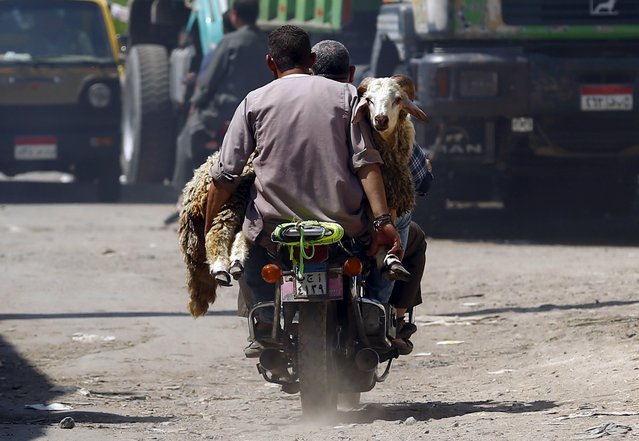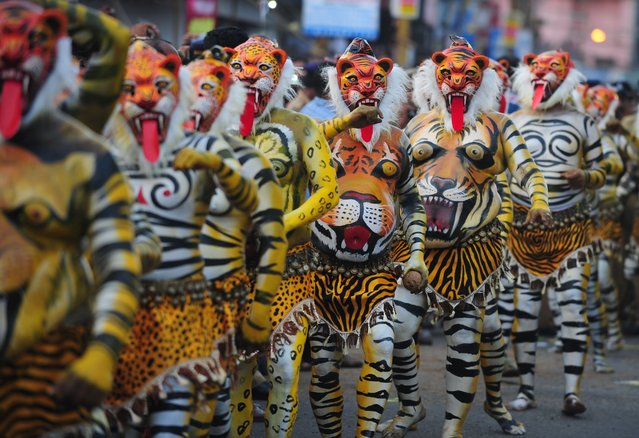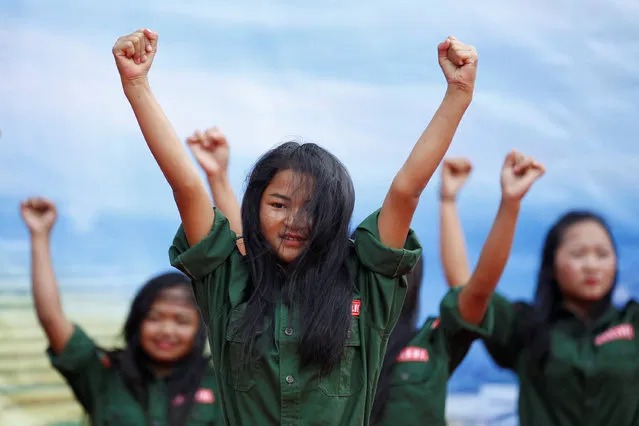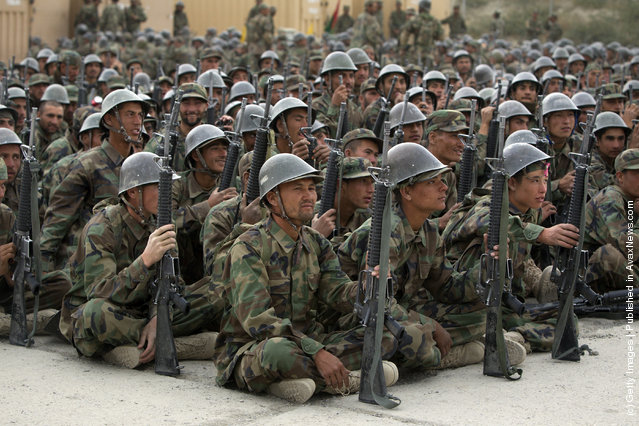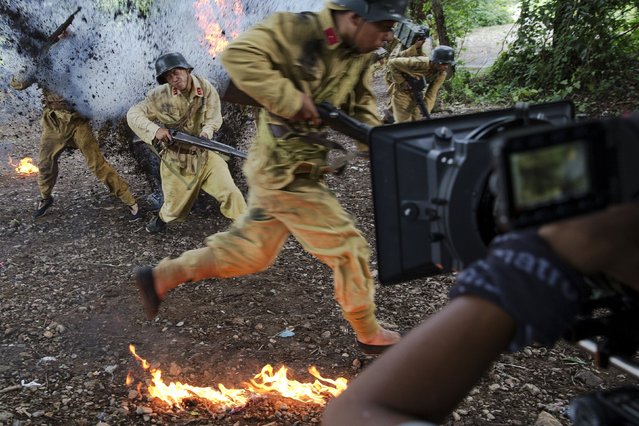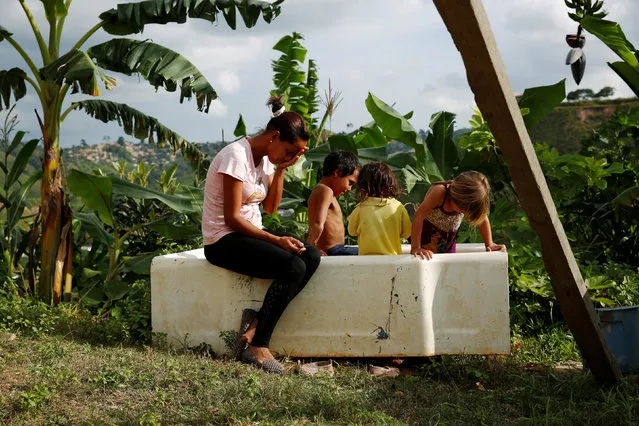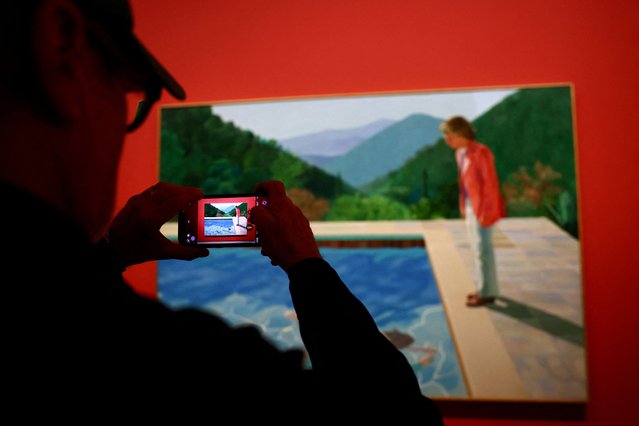
A visitor takes a picture of the painting “Portrait of an Artist (Pool with Two Figures), 1972” by British painter David Hockney during a press visit ahead of the opening of the exhibition “David Hockney 25” at the Fondation Louis Vuitton in Paris, France, on April 8, 2025. (Photo by Gonzalo Fuentes/Reuters)
31 May 2025 02:06:00,post received
0 comments


